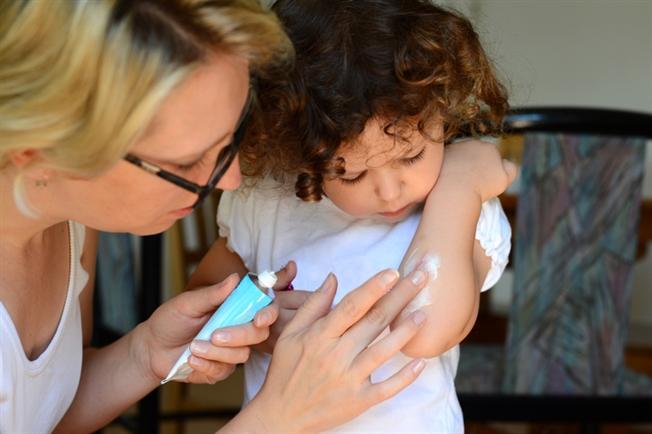Basic first aid for cuts and scrapes

Cuts and scrapes are just a part of the summer routine. But when it comes to treating them, do you know what to do?
It’s not always as simple as applying a bandage and continuing on with your day, says Rebecca Witham, MD, director of the Wound Healing & Hyperbaric Medicine Center at Paoli Hospital, part of Main Line Health.
“You don’t just want to cover up an injury. You want to protect it from infection and, if necessary, seek additional care if your cut is serious,” says Dr. Witham.
Below, Dr. Witham walks you through caring for cuts, scrapes and scratches.
- First, wash your hands – Wash your hands thoroughly with soap and warm water before touching a wound of your own or someone else’s. While your hands might not appear dirty, microscopic bacteria on your hands can infect the wound.
- Clean the wound – After a fall, it’s common to have debris like sand, gravel or dirt in the wound. Remove any dirt and debris by washing the wound thoroughly with soap and running water. Avoid hydrogen peroxide as this can injure the normal healing tissue and delay healing.
- Stop any bleeding – If the wound is bleeding, with a clean cloth or gauze, apply firm but gentle pressure directly to the bleeding area while elevating the area above the level of the heart. Do this continuously for 15 to 20 minutes. Repeat if the bleeding has not stopped.
- Dress the wound – Wounds heal better if they are covered and remain moist. A scab is not the goal and a dried out wound can delay healing. Medical honey, such as MediHoney, kills germs and promotes healing and can be applied directly to the wound daily. Cover the wound with gauze and keep it in place with rolled gauze or tape. Avoid “non-stick” bandages as they often keep the wound too wet, and over-the-counter antibiotic ointments like Neosporin, which may cause skin allergies.
- Dress the wound daily – Remove the bandage, wash the wound with soap and running water, and re-dress it daily until it has fully healed.
Even with these efforts, some wounds need professional care.
“If your wound is so severe that it is deep or gaping, or it is caused by a bite or puncture, visit your local urgent care center for an evaluation and—if necessary—stitches,” says Dr. Witham. “If you have doubts about whether or not your injury requires professional help, it’s best to call your doctor or just play it safe and just visit urgent care.”
Be prepared
One step you can take to be prepared for cuts and scrapes is to prepare a basic first aid kit for your home, car, backpack, or purse. Start with a few items like scissors, gauze bandages, medical honey, medical tape, and pain reliever like ibuprofen or acetaminophen. While these items are basic, they can help you treat small, non-life threatening injuries in an emergency.